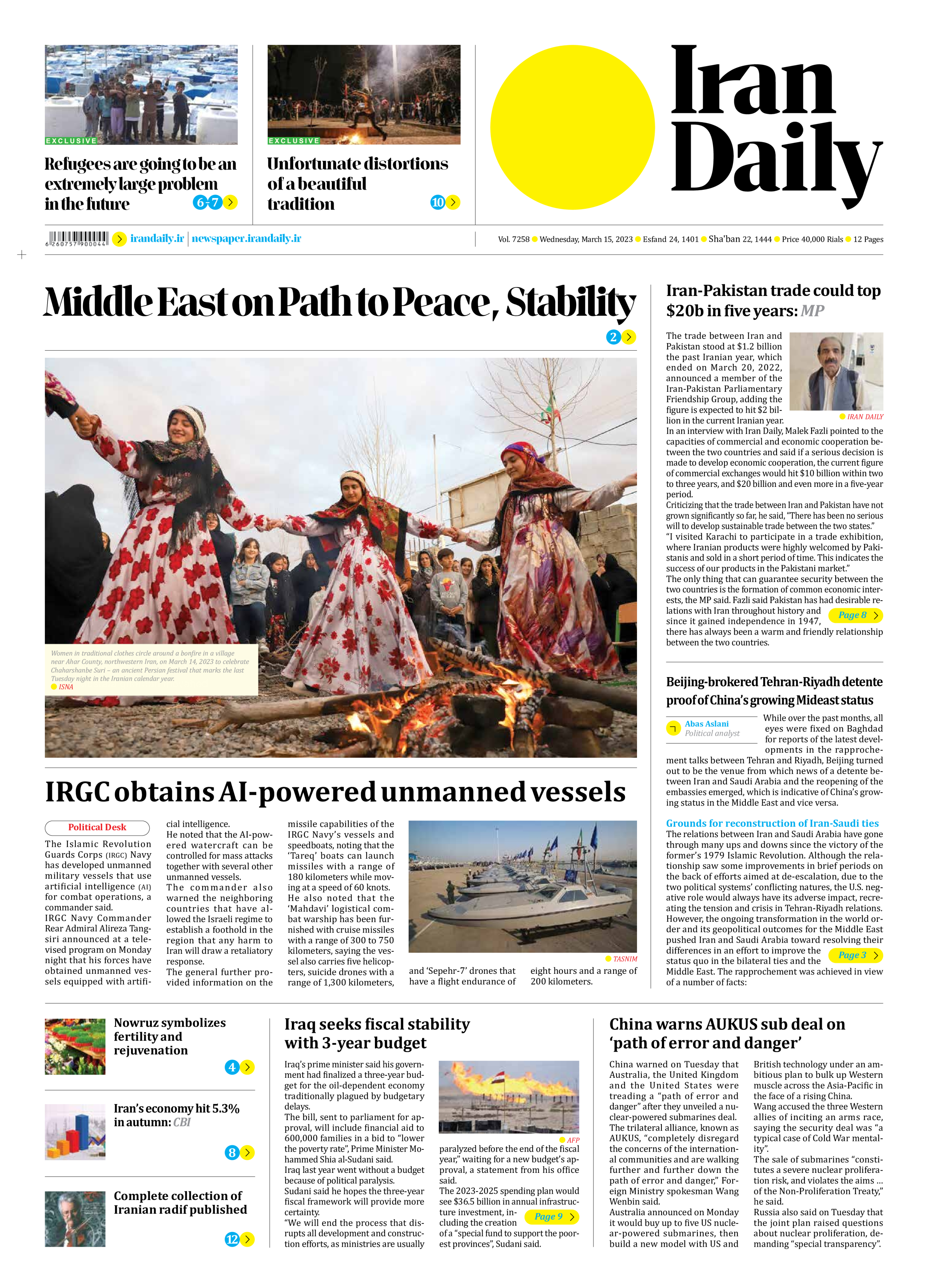
Iraq seeks fiscal stability with 3-year budget
Iraq’s prime minister said his government had finalized a three-year budget for the oil-dependent economy traditionally plagued by budgetary delays.
The bill, sent to parliament for approval, will include financial aid to 600,000 families in a bid to “lower the poverty rate”, Prime Minister Mohammed Shia al-Sudani said.
Iraq last year went without a budget because of political paralysis.
Sudani said he hopes the three-year fiscal framework will provide more certainty.
“We will end the process that disrupts all development and construction efforts, as ministries are usually paralyzed before the end of the fiscal year,” waiting for a new budget’s approval, a statement from his office said.
The 2023-2025 spending plan would see $36.5 billion in annual infrastructure investment, including the creation of a “special fund to support the poorest provinces”, Sudani said.
Annual expenditure would amount to $152 billion, with future modifications possible in the event of oil price fluctuations. Iraq is the second biggest producer in the Organization of the Petroleum Exporting Countries (OPEC), and crude exports represent around 90 percent of the government’s revenue.
Baghdad projects annual revenues of $103.4 billion from oil sales, based on projected exports of 3.5 million barrels a day with an average price of $70 dollars a barrel. According to data cited by OPEC, Iraq produced more than 4.3 million barrels daily in January.
The budget also seeks to illustrate warming ties between Baghdad and Iraqi Kurdistan, the autonomous province in the country’s north, with $307 million allocated for civil servant salaries.
In exchange, 400,000 barrels of oil produced daily by the Kurds will go to the central government.
Iraq’s public deficit stands at more than $48 billion, up from $19.8 billion in 2021 when the government last presented a budget.







